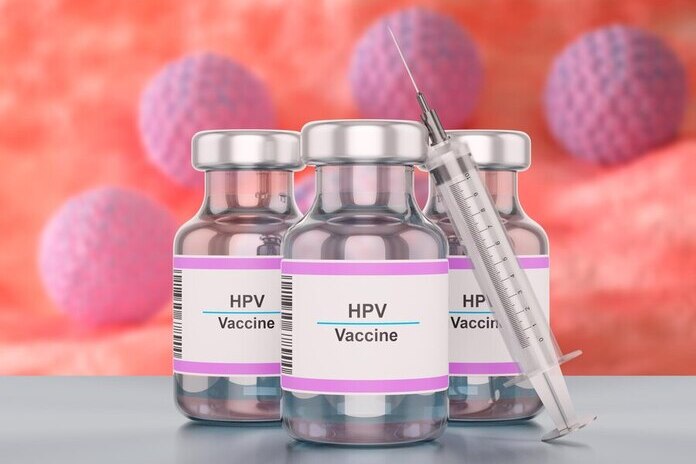Merck & Co. (NYSE:MRK) experienced its largest stock decline in three years as weaker-than-expected sales of its Gardasil HPV vaccine in China overshadowed a quarterly profit and revenue that exceeded Wall Street forecasts.
The pharmaceutical giant lowered its 2024 profit outlook due to acquisition-related expenses. Merck’s stock fell by as much as 7.7% in New York, marking its biggest drop since November 2021. Despite a 17% gain in stock value through Monday’s close, outpacing many of its US pharmaceutical peers and the S&P 500 Index, the company faced significant losses.
Merck has invested heavily in growth strategies as its Keytruda, a drug approved for various cancers, is expected to encounter pricing pressures in the coming years. Last year, Merck allocated nearly $11 billion to acquire Prometheus Biosciences Inc., which develops treatments for autoimmune disorders. Additionally, the company entered into a deal with Daiichi Sankyo Co. (TSE:4568) valued at up to $22 billion to collaborate on new cancer therapies.
Gardasil, an important vaccine for preventing HPV-related cancers, is central to Merck’s prospects. However, the company reported that sales of Gardasil in China might fall short of expectations this year due to issues with a third-party distributor. Merck’s Chief Executive Officer Rob Davis noted a surprising decrease in Gardasil shipments to China during a conference call with analysts, suggesting that if this trend persists, Merck might deliver fewer doses than previously forecasted.
John Murphy, a Bloomberg Intelligence analyst, indicated that slowing sales in China, one of the world’s most populous countries, could challenge the more optimistic long-term sales projections for Gardasil.
Despite these setbacks, Merck raised its full-year revenue forecast by $200 million to a range of $63.4 billion to $64.4 billion. The company’s next major product is expected to be Winrevair, a treatment for a rare lung disease approved in March. This drug, acquired through Merck’s $11 billion acquisition of Acceleron Pharma Inc. in 2021, generated $70 million in its first full quarter on the US market, surpassing analyst expectations.
Merck reported adjusted earnings of $2.28 per share for the second quarter, beating the average analyst estimate by 11 cents. Revenue also exceeded predictions, with sales of Keytruda increasing by 16% to $7.3 billion.
BMO analyst Evan Seigerman commented on the steady commercial performance, noting that the Winrevair launch exceeded even the highest expectations.
Merck revised its full-year profit forecast to $7.94 to $8.04 per share, reflecting a reduction of about 60 cents per share due to one-time charges related to the acquisitions of EyeBio and the aquatic business of Elanco Animal Health Inc.
Featured Image: Freepik















